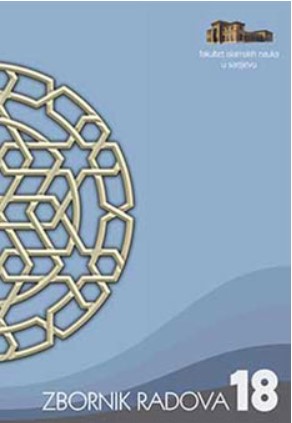METODE EVALUACIJE ISHODA UČENJA STUDENATA
METHODS FOR EVALUATING STUDENT LEARNING OUTCOMES
Author(s): Dina Sijamhodžić NadarevićSubject(s): School education, Higher Education , Methodology and research technology, Evaluation research
Published by: Fakultet islamskih nauka u Sarajevu
Keywords: evaluation methods; learning outcomes; learning activities; constructive coordination; evaluation criteria; the characteristics of evaluation methods; essay tests; objective tests;
Summary/Abstract: The first part of this paper treats the question of establishing a link between learning outcomes, teaching and evaluation methods, evaluation criteria and learning outcomes, the characteristics of both evaluation methods and learning outcomes. The use of different methods of evaluation in order to meet all the learning outcomes is required. Examples of direct methods of evaluation are the use of written exams, essay tests, objective tests, project work, portfolios, the evaluation system with rubrics, theses, presentation evaluation, self-evaluation and so on. Examples of indirect methods of evaluation are employers' surveys, comparison with competitive institution, research on graduates, retention rate during the study at the university, curriculum analysis and so on. Among the above-mentioned evaluation methods, the paper analyzes in detail the two conventional methods of evaluating student learning outcomes that are in common use in higher education – the method of essay tests and objective tests.
Journal: Zbornik radova Fakulteta islamskih nauka u Sarajevu
- Issue Year: 2014
- Issue No: 18
- Page Range: 239-256
- Page Count: 18
- Language: Bosnian

